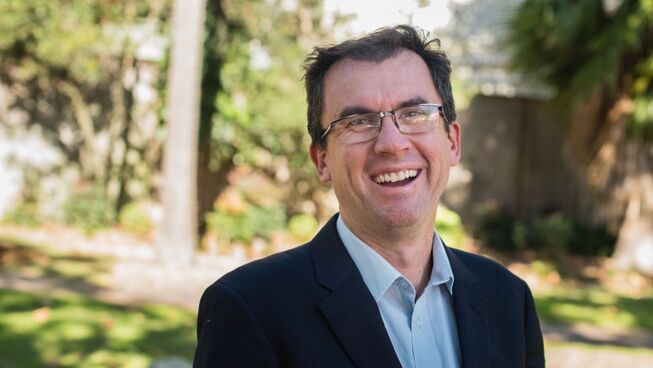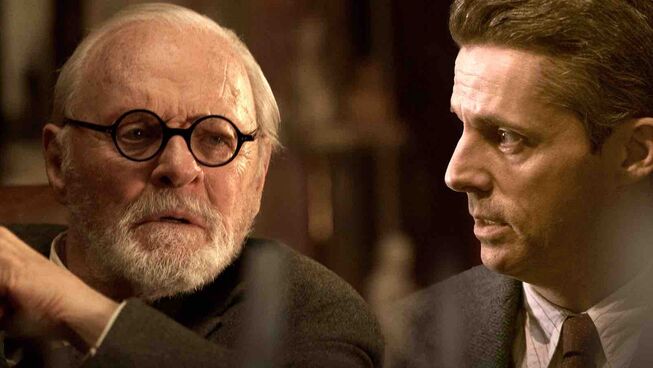Do you fear death?

I have attended 2 funerals in the last six weeks, the latest one for my Poppa who died at 91 two weeks ago. Both funerals were sad occasions. After the funeral last week I heard on the news about the 10 year anniversary of the Bali bombings – more reminders of death. The Bali bombing services were particularly sad because the dead were young people, people my age.
These funerals reminded me of my own mortality – that one day I will die. It’s not a cheery or happy thought, I find it sobering and chilling. Death is something that we don’t really think about and it’s something that’s outside our experience, but we will all go there. We will all die.
I think there is something to fear about death. Death is so final; its victory over us is complete. Given this comprehensive finality of death, I am somewhat surprised at the almost cavalier attitudes towards death that some atheists propose. Recently deceased atheist Christopher Hitchens said,
“Do I fear death? No, I am not afraid of being dead because there’s nothing to be afraid of, I won’t know it.”
If the atheist worldview is right then Hitchens correctly observes that we won’t know that we are dead. But I can’t see how this removes the fear of death, for the fear of death comes precisely because we won’t know it. In the atheist world, when we die, we are annihilated, we cease to exist and we fail to perceive anything about our world or reality.
Our minds fail to grasp what non-perception is like. We are physical creatures, we perceive, interrogate and experience the world around us – we are the sum total of our experiences. Yet to lose that, to die, ends these experiences. Death ends our sense of perception, it ends our experience. Death is a foreign experience. I cannot begin to wonder what that will feel like – or more correctly what not perceiving feels like. In the atheist philosophy death is so catastrophically and depressingly final. Life and consciousness become a tragic and cruel joke.
One of the puzzling enigmas of modern dialogue on religion is why so many atheists, notably anti-theists, are so militant in their opposition of God and an afterlife. Thomas Nagel wrote,
It isn't just that I don't believe in God and, naturally, hope that I'm right in my belief. It's that I hope there is no God! I don't want there to be a God; I don't want the universe to be like that.
Even if there is no God or afterlife, surely we would want there to be one? Surely we would want to continue to exist and to perceive? I can’t quite understand why anti-theists adopt a no God at all costs attitude, particularly if it means ditching any hope after death.
So will we survive death? The Christian faith asserts that we will – that that there will be some kind of afterlife. Some will suffer punishment and others experience eternal life. Now, a common criticism of the Christian faith is that has simply been invented as a crutch for those who can’t bear the concept of annihilation – it is wish fulfilment i.e. we don’t want to die, hence we really want an afterlife to be true.
Yet, unlike any other world religion, Christianity doesn’t simply assert that there is an afterlife, it demonstrates one, through the resurrection of Jesus. This is why the resurrection is so crucial to Christian hope,
‘And if Christ has not been raised, your faith is futile; you are still in your sins. Then those who have fallen asleep in Christ are lost. If only for this life we have hope in Christ, we are to be pitied more than all men.” (1 Corinthians 15:17-19)
Jesus’ resurrection changes everything. If the reports of Jesus’ resurrection are true, then there is hope that we can survive death. Christian hope isn’t simply wishful thinking, it becomes an exercise of trust in an historical event. We can trust in Jesus’ resurrection and its historical occurrence and trust that we too will be raised to everlasting life, or we can trust that death is the end, the final word. I trust Jesus’ resurrection, and this gives hope that death’s victory is not complete,
'Death has been swallowed up in victory. Where, O death, is your victory? Where, O death, is your sting?' (1 Corinthians 15:55)
Photo by Northwoods Murphy from Pexels







